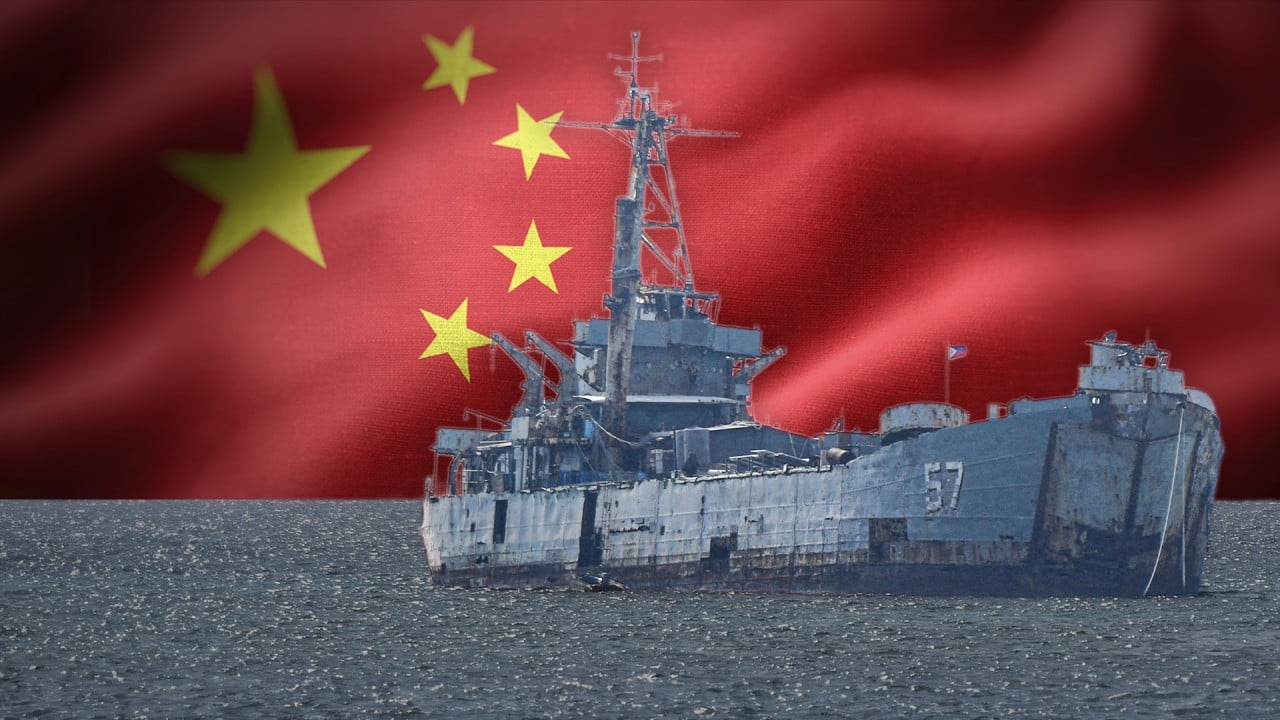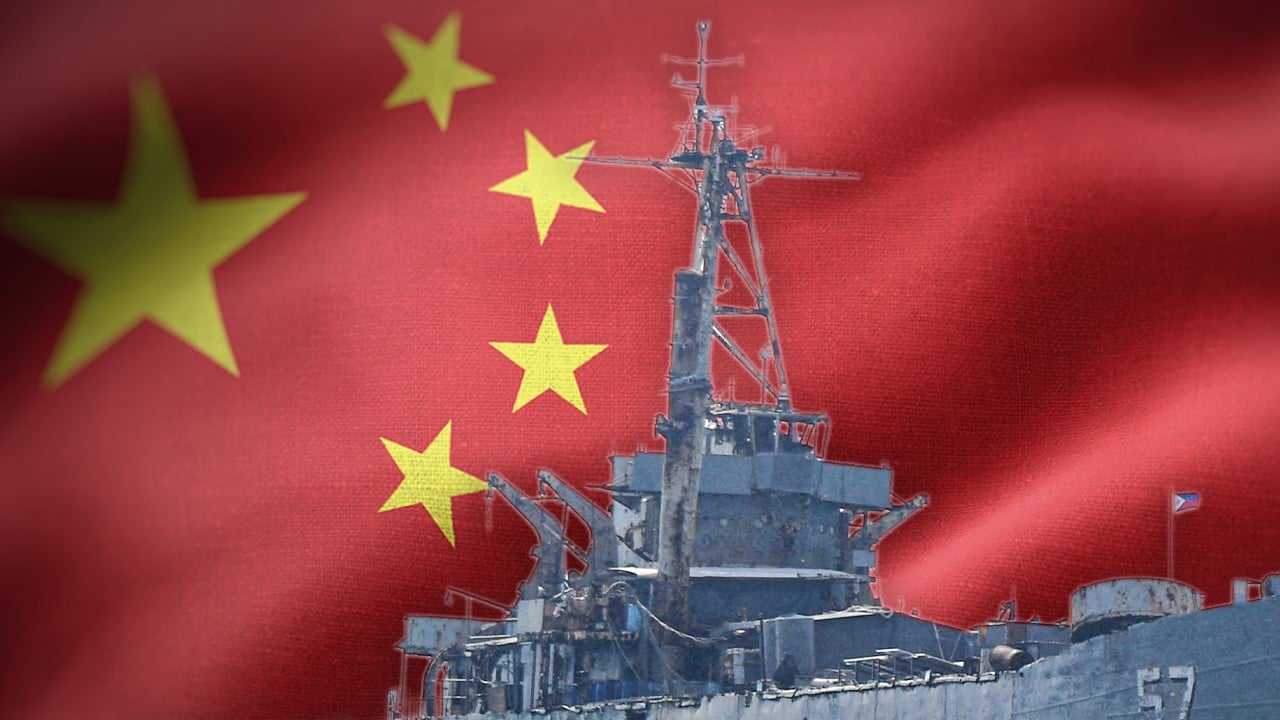Xi Jinping has showered Vietnam’s new leader To Lam with honours during his visit to China highlighting the historic relationship between the two countries’ Communist parties.
On the second day of Lam’s China trip, Xi and his wife Peng Liyuan hosted a grand welcoming ceremony for Lam, who is both party chief and head of state, and his wife Ngo Phuong Ly outside the Great Hall of the People in Beijing.
As well as the customary flag-waving, 21-gun salute and honour guard, the ceremony also included a marching performance by China’s military band, an honour only granted to select foreign leaders such as Vladimir Putin.
Xi, who told his visitor that he was keen to establish a “good working relationship and personal friendship”, also hosted a small-scale tea ceremony after their formal meeting in an effort to foster what state media described as a “cordial and friendly” atmosphere.
That continued a tradition that Xi initiated for Lam’s predecessor Nguyen Phu Trong, who died last month.
Lam’s visit is his first foreign trip since he succeeded Trong as party chief two weeks ago and, in another sign of how seriously Beijing is taking the visit, he was greeted on arrival in China by foreign policy chief Wang Yi, something that has not been done for other visiting foreign leaders, not even Putin.
Lam’s first port of call was the southern city of Guangzhou, a destination with plenty of symbolic importance for the Vietnamese Communist Party because it hosted many exiled revolutionary leaders, including Ho Chi Minh.
On arrival Lam was greeted by the song Việt Nam – Trung Hoa, a piece written during the Vietnam war that celebrates the relationship between Ho and Mao Zedong.
Further emphasising these ties, the Vietnamese leader’s tour of the city included a visit to headquarters of the Communist Youth League and the grave of Vietnamese activist Pham Hong Thai, who died after a failed attempt to assassinate the French governor of Indochina Martial Merlin in the city in 1924.
But for all these professions of friendship, the relationship between the two countries is far more complex. Parts of northern Vietnam spent centuries under Chinese rule, prompting frequent rebellions and uprising.
Relations between the two countries also soured dramatically in the 1970s as Vietnam sided with Moscow in the Sino-Soviet split before they fought a brief border war in 1979 that remains a source of lingering resentment.
The two sides did not reestablish normal relations until 1991 and their long-running dispute over the Paracel and Spratly Islands remains unresolved.



